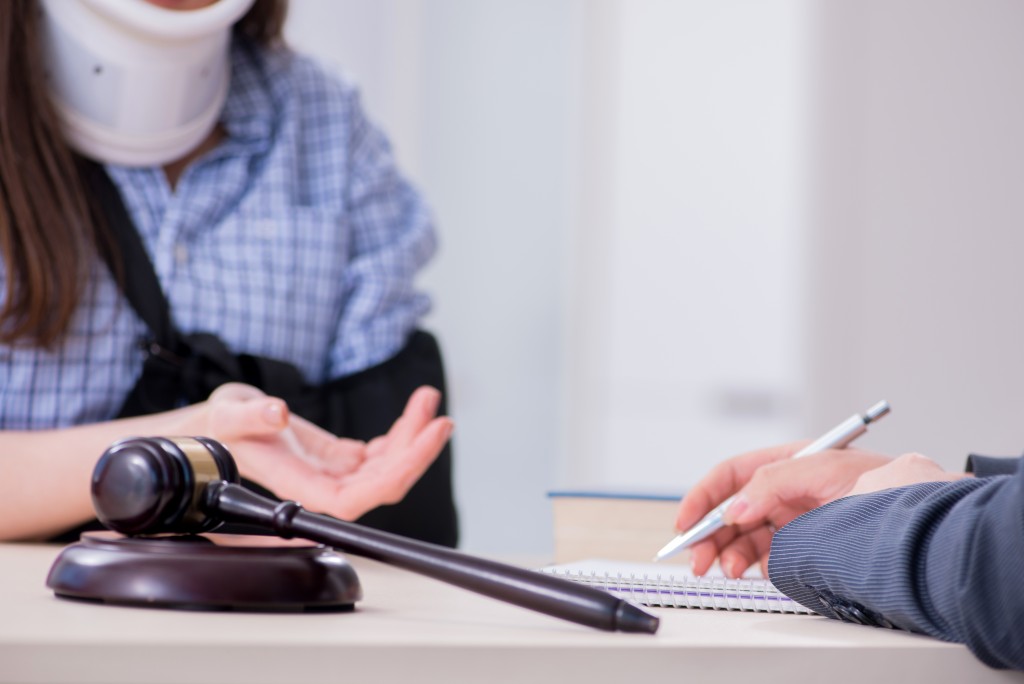Accidents happen; sometimes you’d fall because you tripped over your own feet or you’d get into a fender-bender because you overshot the distance. In most cases, the consequences are minor—like a scraped knee or a dent in your bumper. However, some accidents are wholly preventable. When you are injured due to someone’s negligence, you are entitled to fair compensation. Before you find a personal injury attorney, you have to determine if the accident and the resulting injuries could have been prevented.
Accidents that Could be Prevented
Every individual has the duty to act with reasonable care. This is the degree of caution for oneself and others, proactively preventing scenarios that can lead to injuries. The following are accidents commonly caused by someone’s failure to act with care.
Car Accidents
Negligence on the road is a result of distracted driving (texting or eating while driving), speeding, or failure to obey traffic rules. In these cases, an insurance company will cover the costs of treating injuries and repairing property damage.
Medical Malpractice
Doctors and other health professionals are supposed to heal. However, accidents can happen because of reckless imprudence or negligence.
- A physician’s failure to diagnose an illness can make it worse
- A surgeon’s minor mistake during surgery can lead to life-threatening complications
- A doctor’s imprudence during childbirth can lead to injuries for the mother or child
In these cases, you have to prove that medical malpractice occurred. You can accomplish this with the help of a third-party investigator. Additionally, you can ask for a second opinion from a different doctor to confirm your suspicions.
Premises Liability
- Slips and falls caused by the absence of warning signs on wet or slippery surfaces
- Injuries caused by inadequate property maintenance
- Injuries or assault caused by inadequate building security
In these cases, the property owner is liable. But, like the other cases, the injured party is responsible for proving the negligence and its connection to the accident.
Why Stand Up for Your Rights
Although accidents are typical in everyone’s lives, it doesn’t mean you should let them slide. Everyone has a responsibility to act with care, especially in public spaces. When someone fails to do this and you are injured, it is well within your right to ask for compensation. In addition to the monetary aspect, consider how it benefits the greater good. Negligence often persists because it isn’t called out. The offending party becomes lax in their responsibilities to society and put others at greater risk. By standing up for your rights, you prevent the same situation to befall others. In these trying times, it is in everyone’s best interest to practice a little more caution. Getting a better understanding of your rights will help you discern which situations require recourse.
